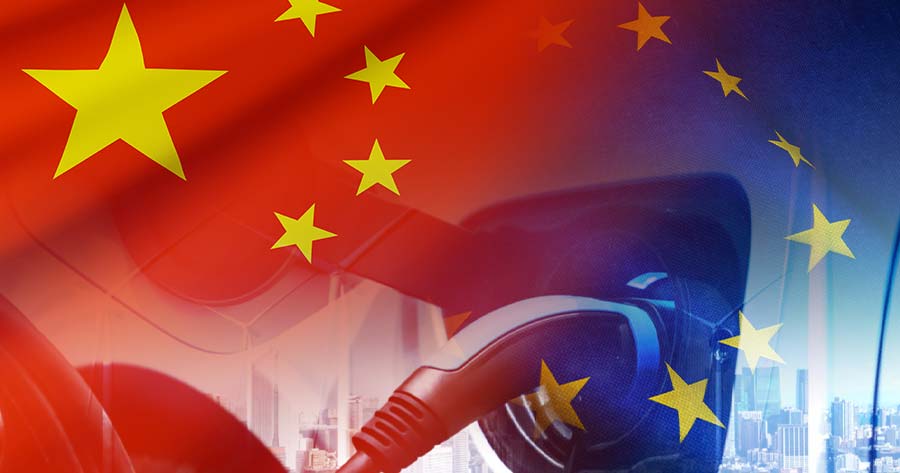The European Commission is forging ahead with plans to implement tariffs on Chinese electric vehicles (EVs) that could yield over €2 billion annually, defying caution from the German government over potential repercussions of instigating a costly trade dispute with Beijing, according to the Financial Times.
The group intends to provisionally enforce additional duties of up to 25% on imported Chinese EVs starting next month, with the reason being the assertion that Chinese EV manufacturers benefit from subsidies that undercut their European counterparts.
France and Spain are spearheading the initiative, believing the tariffs will generate substantial revenue for the EU budget as Chinese EV sales surge in Europe. Last year, China exported electric cars worth €10 billion to the EU, doubling its market share to 8%, according to data from Rhodium Group.
Beijing has issued warnings of retaliation and is striving to rally support from most EU capitals to oppose the new tariffs, which would be imposed in addition to the existing 10% duties within the bloc.
Germany, Sweden, and Hungary have expressed disapproval, expressing concerns about potential Chinese backlash.
Meanwhile, despite Germany’s efforts to persuade Ursula von der Leyen, seeking reelection as commission president, to discontinue the anti-subsidy inquiry, the European Commission has moved forward with its decision.
The additional tariffs are anticipated to impact Chinese automakers such as BYD and SAIC, along with companies like Tesla that operate plants in China. The duties are likely to vary depending on the level of subsidy identified by the EU.
While the Kiel Institute projects that a 20% tariff on Chinese EVs could result in a 25% decrease in imports and lead to higher prices for consumers, the European Commission foresees Chinese EVs capturing a 15% market share in the EU next year, citing price differentials compared to EU-manufactured models.
EU Trade Commissioner Valdis Dombrovskis emphasized the importance of fair competition in the EV sector, underlining concerns about subsidised support received by Chinese carmakers and suppliers.
As member states prepare to vote on the tariffs before November 2, discord exists among EU nations regarding the implementation of these duties, particularly considering the potential for retaliation and market access restrictions from China. Ultimately, the final decision on tariffs is expected to be in effect for a five-year period following approval.





